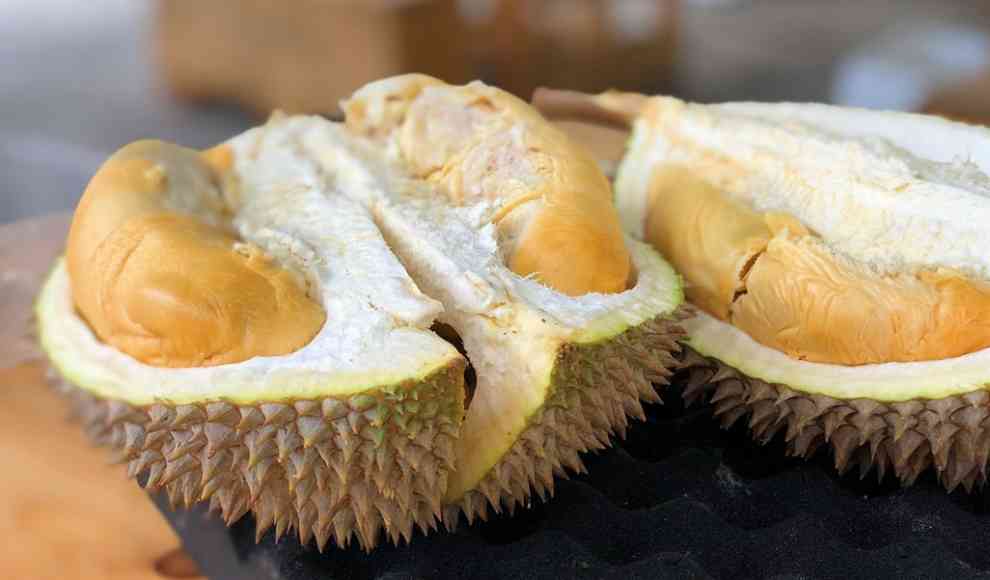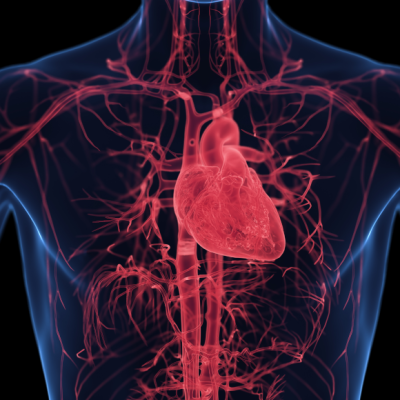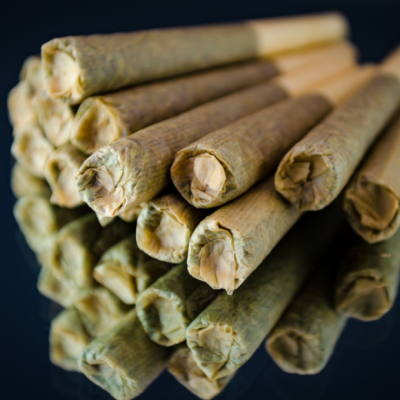The Durian fruit, known for its creamy flesh and unique taste, is a popular delicacy in Southeast Asia. However, it is also infamous for its pungent odor, which has led to it being banned in hotels, restaurants, and public transportation in some countries. Scientists at the Leibniz Institute for Food Systems Biology in Munich have been studying the fruit to understand the source of its distinct smell. They have discovered that the Durian releases the sulfur-containing compound Ethanthiol and its derivatives, which can cause liver damage and cancer in high concentrations.
The researchers have identified the rare amino acid Ethionin as the source of the Durian’s odor. They found that a plant enzyme releases the odor from Ethionin during the fruit’s ripening process. As the fruit ripens, the concentration of Ethionin and Ethanthiol increases, leading to the strong smell. The study’s lead author, Nadine Fischer, explains that the research shows “not only the Ethionin concentration in the flesh increases with ripening, but also the Ethanthiol, which is responsible for the strong odor of ripe fruits.”
While the Durian’s smell is a problem, the presence of Ethanthiol is also a concern. Studies have shown that high concentrations of Ethanthiol can cause liver damage and cancer in cell cultures and animal tests. The researchers are now investigating whether consuming the fruit could pose health risks. However, the danger is likely to be minimal, as a person would need to consume an enormous amount of the fruit to reach the concentration of Ethanthiol that causes negative effects in animal tests.
In conclusion, the Durian’s unique smell is caused by the release of Ethanthiol and its derivatives from the rare amino acid Ethionin during the fruit’s ripening process. While Ethanthiol can be dangerous in high concentrations, the risk of consuming the fruit is likely to be minimal. Further research is needed to determine the potential health effects of consuming the Durian fruit.










